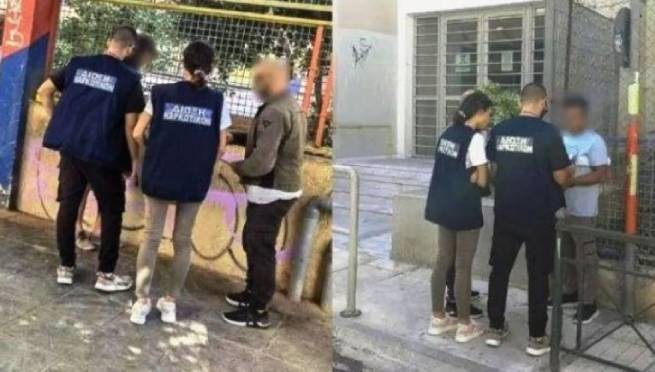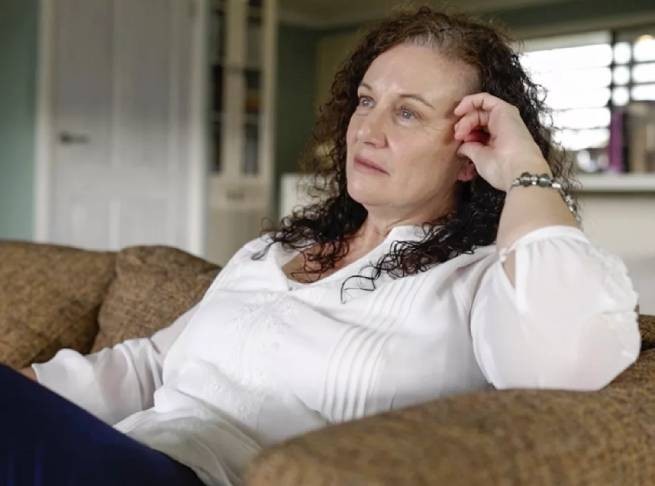A miscarriage of justice and a conviction resulted in twenty years in a prison cell for Australian Kathleen Folbigg. The sentence was overturned, and at the age of 55 the woman was released.
She was imprisoned for the murder of her four children and was called “Australia’s worst serial killer.” According to Euronews, in 2003 she was found guilty of murdering three of her children and manslaughter of the fourth. Prosecutors said Folbigg strangled the children, who ranged in age from nine weeks to three years, but she has always denied the charges, claiming each of them died from natural causes.
The long-awaited justification
Twenty years after a jury found Kathleen Folbigg guilty of child murder, an Australian appeals court has decided to acquit her and overturn her conviction. Folbigg, now 55, had already been pardoned by the NSW government and released from prison in June after a Spanish scientist proved her children may have died of natural causes, as she had insisted.
An Australian court has overturned all of Kathleen Folbigg’s murder convictions 20 years ago. The evidence then was circumstantial evidence, in particular, the woman’s diary. She herself always declared her innocence. On Thursday, the courtroom erupted in applause and Folbigg burst into tears as she heard the words she had been waiting for from Chief Justice Andrew Bell:
“Whilst the verdicts reached at trial were reasonably supported by the available evidence, there is now reasonable doubt about Ms Folbigg’s guilt. It is appropriate that Ms Folbigg’s conviction is quashed.”
Now a woman can demand compensation for unlawful imprisonment. Folbigg spent twenty long years in prison. She was released after geneticists and immunologists concluded that the children died of natural causes. New forensic testing has discovered gene mutations that can cause cardiac arrest and epilepsy.
As she left the courthouse, Folbigg tearfully thanked her supporters, lawyers and scientists for clearing her name, including the Spanish woman Carola García Vinuesa, who led the investigation:
“For almost a quarter of a century I faced unbelief and hostility. I suffered abuse in all its forms. I hoped and prayed that one day I would be able to stand here with my name cleared. I am grateful that modern science and genetics have given me answers to the question of how my children died.”
How the Spanish scientist Vinuesa became involved in the investigation
The first to die was Folbigg’s son Caleb, who was 19 days old. One night she wanted to go to the toilet, woke up, examined the child and realized that he was not breathing. Then she lost 8-month-old Patrick. Ten-month-old Sarah and 18-month-old Laura later died. Two of the children died from sudden infant death syndrome. Folbigg defended her innocence as best she could, but no one believed her story until one of the Spanish scientists decided to help her.
After seeing the case on TV and knowing that up to 35% of sudden deaths could be explained by genetic factors, Vinuesa called fellow geneticist Todor Arsov. She tells Euronews:
“The theory that she killed her children had no evidence. The only evidence was circumstantial, because she was the one who found them dead. Folbigg is very grateful not only to us scientists, but also to her lawyers, who did most of the work for free.” .
Vinuesa and Arsov decided to compile a list of genes that can cause sudden death. They then visited Folbigg in prison and did genome sequencing*. Vinuesa says:
“We found a mutation in the gene that codes for calmodulin, which is one of the best known causes of sudden death in infancy.”
Scientists discovered a gene mutation in two of Folbigg’s daughters, while the other two children had severe epilepsy and difficulty breathing. Experts confirmed that Laura’s possible cause of death was myocarditis, an inflammation of the heart, and Patrick’s sudden death could have been caused by an underlying neurogenetic disorder.
The inquiry, which recommended Folbigg’s pardon and acquittal, stemmed from a petition signed in 2021 by 90 scientists, including two Nobel laureates, medical practitioners and related professionals who argued that this new evidence should be taken into account.
Rani Rego, Kathleen Folbigg’s lawyer, said her legal team will now seek “substantial” compensation from the State Government for the years she spent in prison.
*Genomic sequencing is a set of methods that make it possible to decipher and write down the sequence of nitrogenous bases in DNA. Simply put, decipher the genetic code of a particular person.







More Stories
Belarus is ready to fight, having adopted a new doctrine
IMF: "Huge US debt poses serious risk to global economy"
Teenager arrested in Paris: he wanted to “die as a martyr” at the Olympic Games (video)